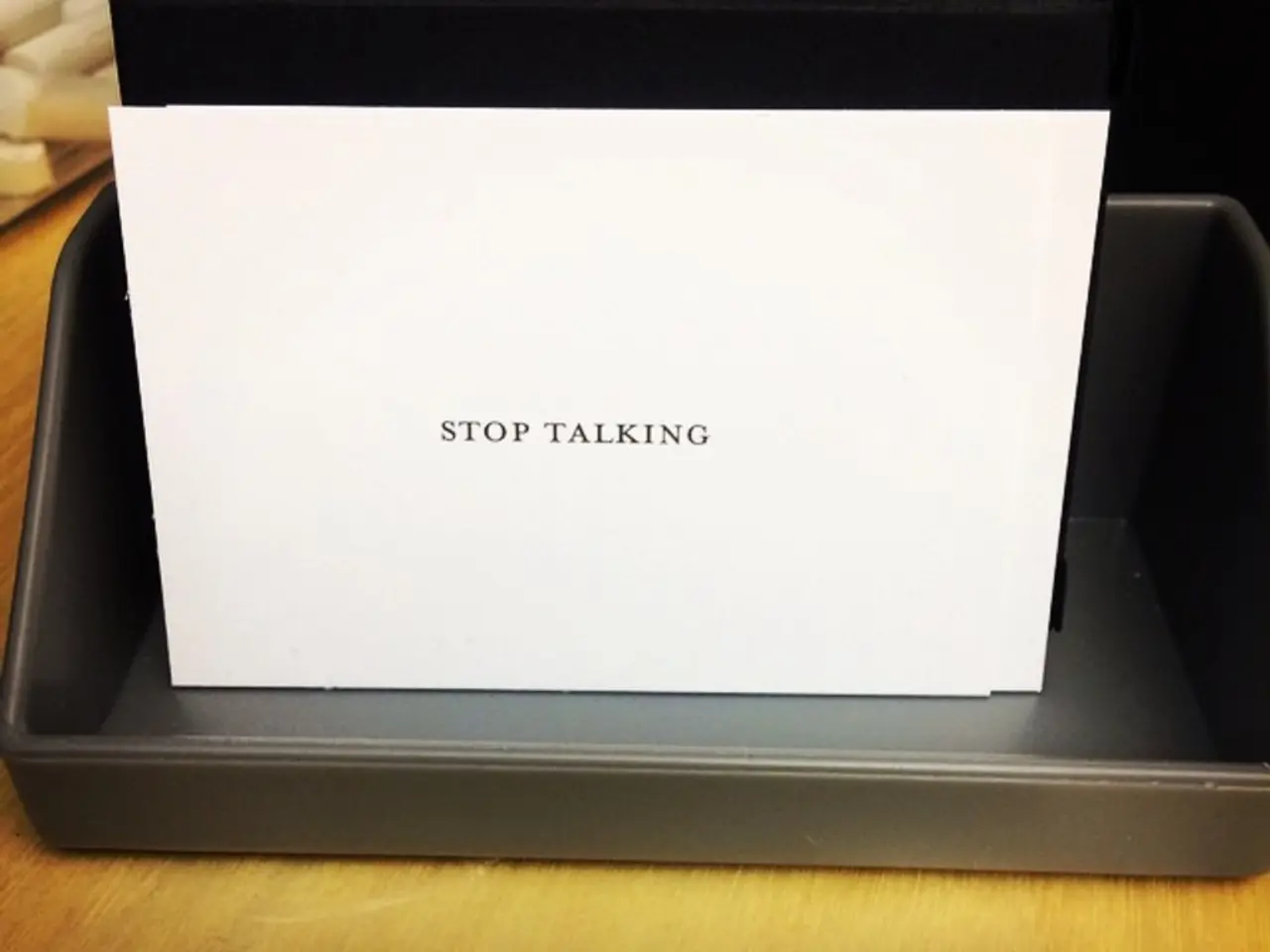Shortcut Strategies Often Labeled As Productivity Enhancers Undeniably Fall Short, Yet There Exists a Proven Technique
In the pursuit of improved cognitive function and productivity, traditional productivity hacks might not always suffice. A more holistic approach, integrating neuroscience, psychology, and lifestyle medicine research, can yield better results. Here are some strategies that extend beyond common productivity tips:
Virtual Reality (VR)-Based Multisensory Cognitive Training
Virtual Reality (VR) interventions have shown promise in enhancing cognitive abilities, executive function, mood, and daily functioning, particularly in mild cognitive impairment (MCI) and early Alzheimer's disease populations. Immersive, task-specific VR programs deliver tailored cognitive training with measurable improvements in various cognitive domains [1].
Digital Minimalism and Mindfulness
Reducing digital clutter and recreational screen time can restore attention and mental well-being. Using technology intentionally, such as mindfulness apps like Headspace or Calm, can cultivate meditation habits, regulate stress, and improve focus through guided breathwork and sleep routines. AI-powered mental health chatbots, like Woebot and Wysa, also support cognitive health by mitigating anxiety and emotional fatigue [2].
Lifestyle and Dietary Optimization
A Mediterranean-type diet, maintaining healthy vitamin D levels, and adopting an exercise routine, especially open-skilled or dynamic physical activity, support brain health and cognition. Weight management and sleep quality are further important natural boosters [3].
Cognitive Training and Brain Games
Engaging regularly in mentally stimulating games like crosswords, Sudoku, or Tetris may improve verbal, nonverbal, and working memory, though more robust research is needed [3].
Structured Work Approaches for Managing Cognitive Load
The "4 D's" method—Do, Defer, Delegate, Delete—helps reduce overwhelm and improve decision quality by categorizing tasks effectively, which complements cognitive behavioral approaches promoting delayed gratification and mindful prioritization [4].
Nootropic Supplements with Backed Efficacy
Certain herbal nootropics, such as Bacopa monnieri and Rhodiola rosea, have demonstrated benefits in enhancing memory, learning, attention, cognitive processing speed, and stress resilience. These adaptogens also provide neuroprotection, potentially slowing cognitive decline. Long-term consistent use (minimum 4 weeks) is typically required to see benefits [5].
Other strategies, such as Citicoline, L-Theanine, Lion's Mane Mushroom, and a focus on the basics like going to bed on time, eating real food, reducing noise, and using one system, can further support cognitive function and productivity [6].
It's essential to remember that no amount of productivity hacks can compensate for an unsupported brain. The root of productivity issues for many people is not managing time, but managing attention. Eliminating distractions, such as turning off notifications and creating focused blocks, can enhance productivity. Prioritizing quality sleep is also crucial, as no hack can replace a well-rested brain [7].
In conclusion, a comprehensive approach to cognitive enhancement addresses cognitive function at multiple levels: immersive training, attention management, lifestyle factors, stress reduction, cognitive organization, and targeted supplementation. The real "hack" for productivity lies in mastering the basics and supporting brain function, rather than relying on productivity hacks. Real productivity begins with brain function, not with color-coded sticky notes or fancy apps, and includes energy, clarity, and mental resilience. When brain function is supported, even the simplest systems can work beautifully.
- In the quest for better cognitive function and productivity, traditional productivity tips might not be sufficient, necessitating a holistic approach that incorporates neuroscience, psychology, and lifestyle medicine research.
- Virtual Reality (VR) interventions, offering immersive, task-specific cognitive training, have shown potential in enhancing various cognitive domains, such as executive function and mood.
- To restore attention and maintain mental well-being, digital minimalism and mindfulness can be employed, involving reducing digital clutter, using technology intentionally, and adopting AI-powered mental health chatbots.
- A Mediterranean-type diet, maintaining healthy vitamin D levels, and adopting an exercise routine, especially open-skilled or dynamic physical activities, are crucial lifestyle factors that support brain health and cognition.
- Cognitive training and brain games, like crosswords, Sudoku, or Tetris, may improve memory, learning, and attention, though further robust research is required for definitive conclusions.
- Structured work approaches, such as the "4 D's" method, reduce overwhelm, improve decision quality, and complement cognitive behavioral approaches promoting delayed gratification and mindful prioritization.
- Nootropic supplements, like Bacopa monnieri, Rhodiola rosea, Citicoline, L-Theanine, Lion's Mane Mushroom, and others, have demonstrated benefits in enhancing memory, learning, attention, cognitive processing speed, stress resilience, and neuroprotection.
- For enhanced productivity, eliminating distractions, such as turning off notifications and creating focused blocks, is essential, as is prioritizing quality sleep, since no hack can replace a well-rested brain.
9.A comprehensive approach to cognitive enhancement involves addressing cognitive function at multiple levels—immersive training, attention management, lifestyle factors, stress reduction, cognitive organization, and targeted supplementation—with the understanding that real productivity begins with brain function, energy, clarity, and mental resilience.




